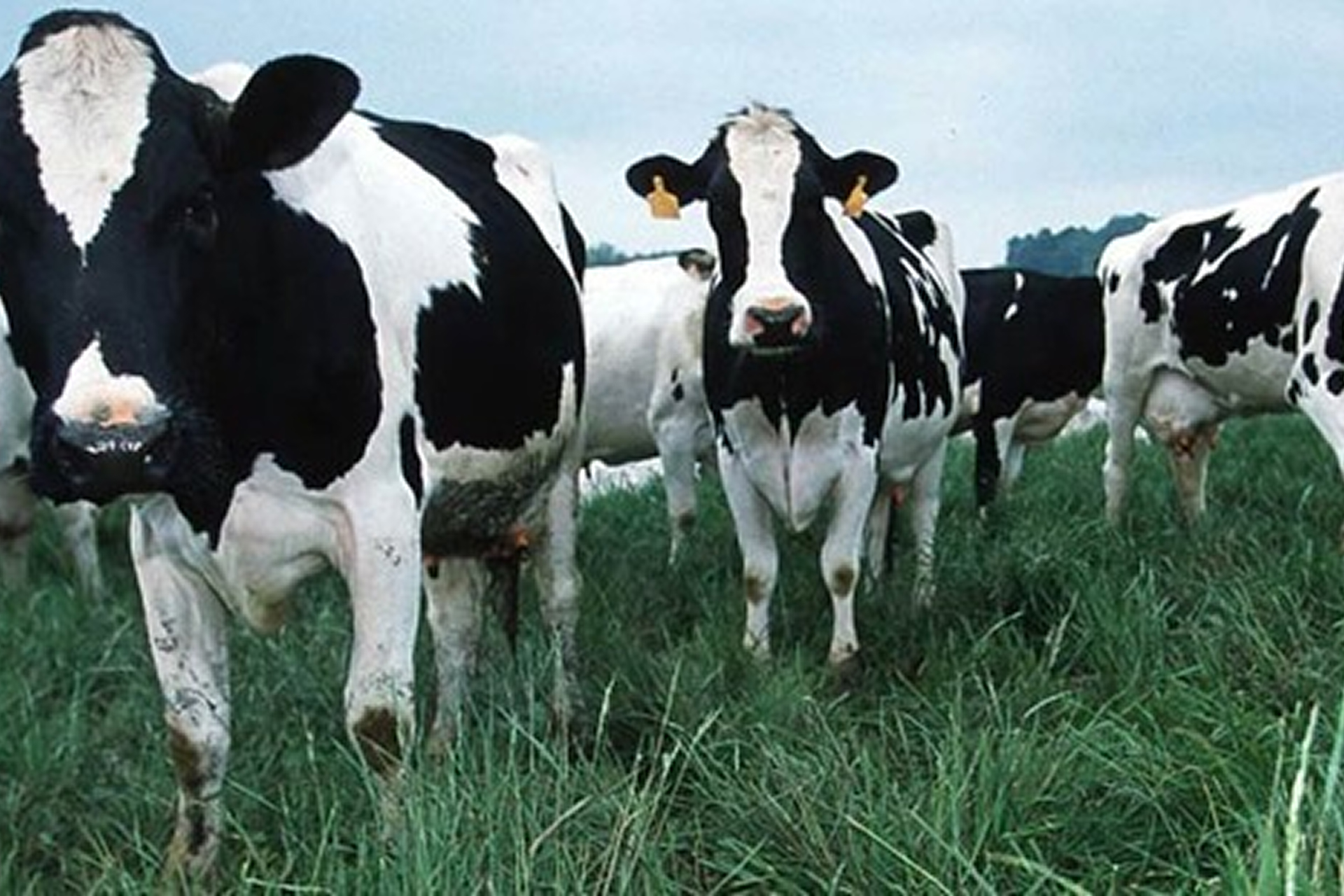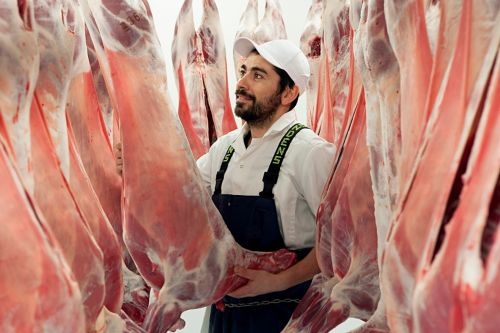
Meat products are an important part of our daily diet. However, the additives used in processed products such as salami, sausage, and sucuk found on supermarket shelves should be carefully evaluated both in terms of our health and religious sensitivities. At this point, the concept of halal production encompasses not only compliance with religious rules but also offering more natural and reliable ingredients.
Additives are used to extend the shelf life of meat products, keep their color vibrant, regulate their texture, or enhance their taste. Nitrite, nitrate, monosodium glutamate (MSG), phosphates, and artificial flavorings are among the most common additives. However, excessive consumption of these substances can lead to serious health problems such as cardiovascular diseases, cancer risks, and allergic reactions.
Halal production offers a holistic approach that includes not only the slaughtering methods but also the product content. Additives used in halal-certified products must be both compliant with Islamic rules and sourced from harmless to human health origins. Especially sensitive companies like CarnEt in halal production keep additive use to a minimum and produce using natural spices and traditional methods.
When purchasing a meat product, the ingredient list on the packaging must be carefully examined. Having basic knowledge about E-codes, flavorings, colorants, and preservatives is the first step to conscious shopping. In halal-labeled products, these contents are inspected and certified. Thus, you both preserve your religious sensitivity and make a healthier choice.
As CarnEt Fleisch GmbH, we base every stage of our products on additive-free, healthy, and halal production. Our meats, obtained by hand cutting, are processed with natural spices and produced under hygienic conditions in modern facilities. We do not include harmful components such as MSG, nitrite, or artificial preservatives in our products.
Halal meat production covers the entire process from the slaughtering of the animal to its arrival at the table. Avoiding additives is one of the most important parts of this process. As CarnEt, we act with the responsibility of offering products that are both suitable for your faith and friendly to your health.



